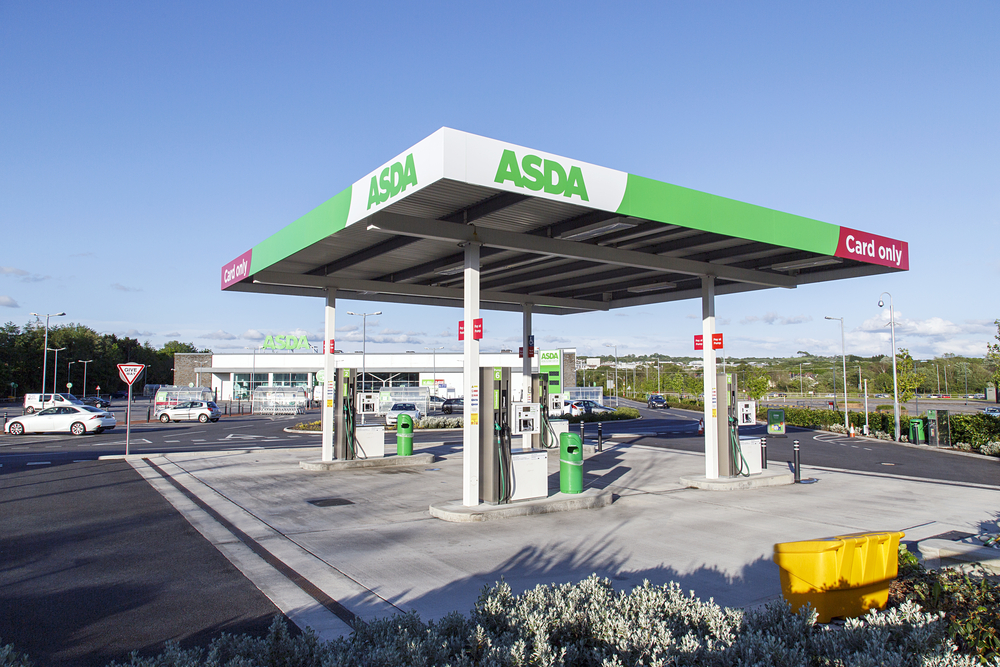Household Bills
Asda buyout ‘may lead to petrol price rise’

The Competition and Markets Authority (CMA) has raised concerns over the proposed purchase of Asda, warning that it may lead to more costly petrol prices.
The supermarket has been bought, subject to the CMA’s approval, by Bellis, a company jointly owned by the Issa Brothers and private equity firm TDR Capital.
The issue comes down to the fact that the buyers also own EG Group, which operates 395 petrol stations across the UK. The CMA noted that many of these are located in similar areas to Asda’s own 323 petrol stations which raises competition concerns, and the potential for higher prices in these locations.
The buyers have been given five working days to offer legally binding proposals to address the competition concerns. The CMA then has a further five working days to consider whether those proposals are sufficient, or else refer the purchase to a higher level of investigation.
Paying over the odds
Joel Bamford, senior director of mergers at the CMA, said that the proposed deal involves “two key players” in the fuel market, and so it was important that it was thoroughly analysed to ensure motorists don’t end up paying over the odds.
He continued: “Right now, we’re concerned the merger could lead to higher prices for motorists in certain parts of the UK. However, if the companies can provide a clear-cut solution to address our concerns, we won’t carry out an in-depth phase two investigation.”
This isn’t the first time that CMA concerns have threatened a potential buyout of Asda. Back in 2019 it blocked a proposed purchase by Sainsbury’s, having been unconvinced that the deal would not lead to higher prices for shoppers and drivers alike.
Revamping Asda
Asda has been embarking on a revamp of how it operates since the takeover was announced. Just last week it announced that it would be closing its in-store bakeries, with baked goods instead being produced in central bakeries before being shipped out to individual stores.
There have also been reports that the supermarket will strip back its product ranges in order to better compete with the likes of Aldi and Lidl.